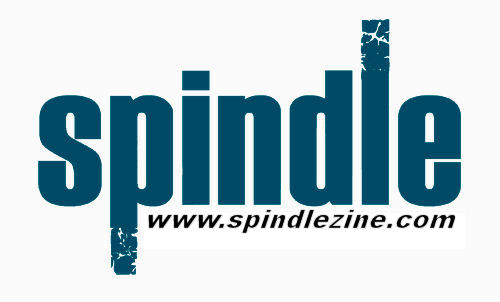
The most basic advice usually given to writers looking to submit their work to magazines or literary journals is to know the market, aka read the guidelines and pick up a few issues before wasting your time and the editors’ by sending something that’s totally inappropriate for a publication.
With the increasing popularity of online-only publications, it might be time to suggest another piece of not-so-basic advice, and that’s the importance of knowing your MEDIUM.
There’s a number of differences between writing for print and writing for the web, no matter the format or genre, because the former is much more contextual than the latter.
In a print magazine, each page is designed, and the articles on them are laid out, with an intent to establish a steady flow from page to page, to carry the reader from cover to cover so they don’t miss anything, including the ads. An issue may have a specific theme, or have a number of different departments, each with their own themes, that can act as a subtle prop for the articles, stories or poems to lean on. While an online publication can mimic many of the page design elements of print, an article, poem or story has to be able to completely stand on its own, as it may be accessed in any number of ways that have nothing to do with the context of the site that published it. (aka Google, StumbleUpon, Twitter, etc.)
Online, a title is arguably even more important than usual, but especially for Spindle.
With Spindle‘s purposefully vague NYC-centric theme and a navigation scheme that encourages (insists upon?) exploration, it adds an interesting layer to reviewing submissions and I’ve rejected solid work that might have been acceptable in a print version but wasn’t appropriate for online, length being only the most obvious reason. (Side note: Please read the damn guidlelines before submitting!)
Good creative non-fiction is a bit easier to work with as it should always provide its own context, but generally speaking, poetry and micro-fiction are tougher formats, and even more so online. I’ve rejected a number of very good poems (and one piece of very-micro-fiction) because they were too SHORT, more appropriate for an individual’s collection of work than as a standalone effort. An engaging title can sometimes make the difference, but it’s usually a combination of strong title and content that leads to an acceptance.
One good rule of thumb is: “Would it work at an open mic, if you just took the stage with no introduction other than the title and you could only read that one poem or story?”
The other, of course, remains: “Know your market and read the damn guidelines before submitting!”
Do you like email?
Sign up here to get my bi-weekly "newsletter" and/or receive every new blog post delivered right to your inbox. (Burner emails are fine. I get it!)

